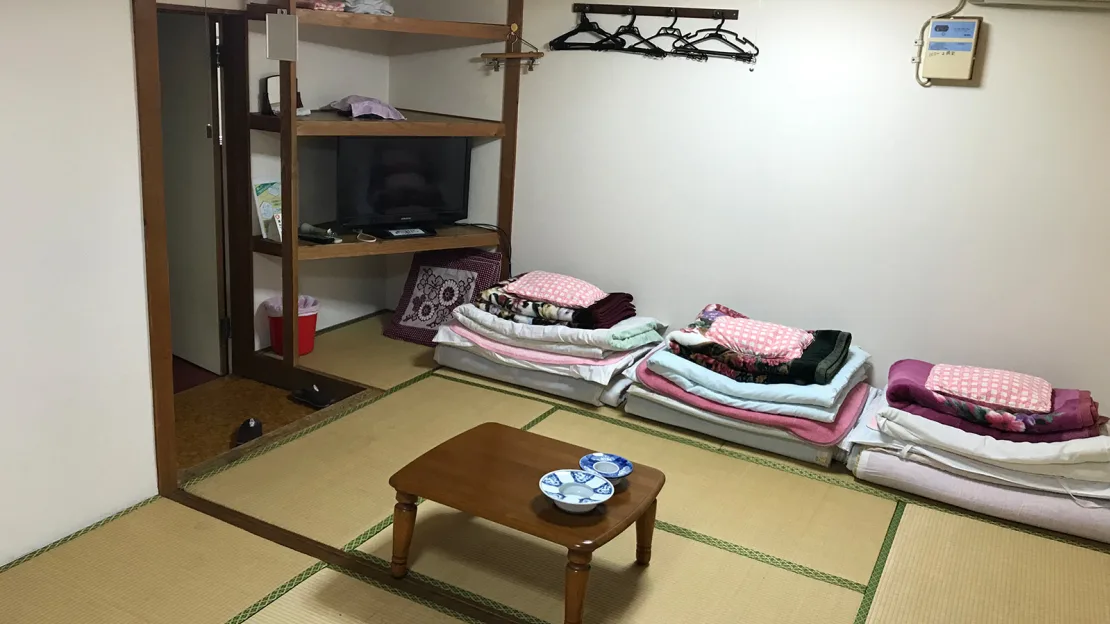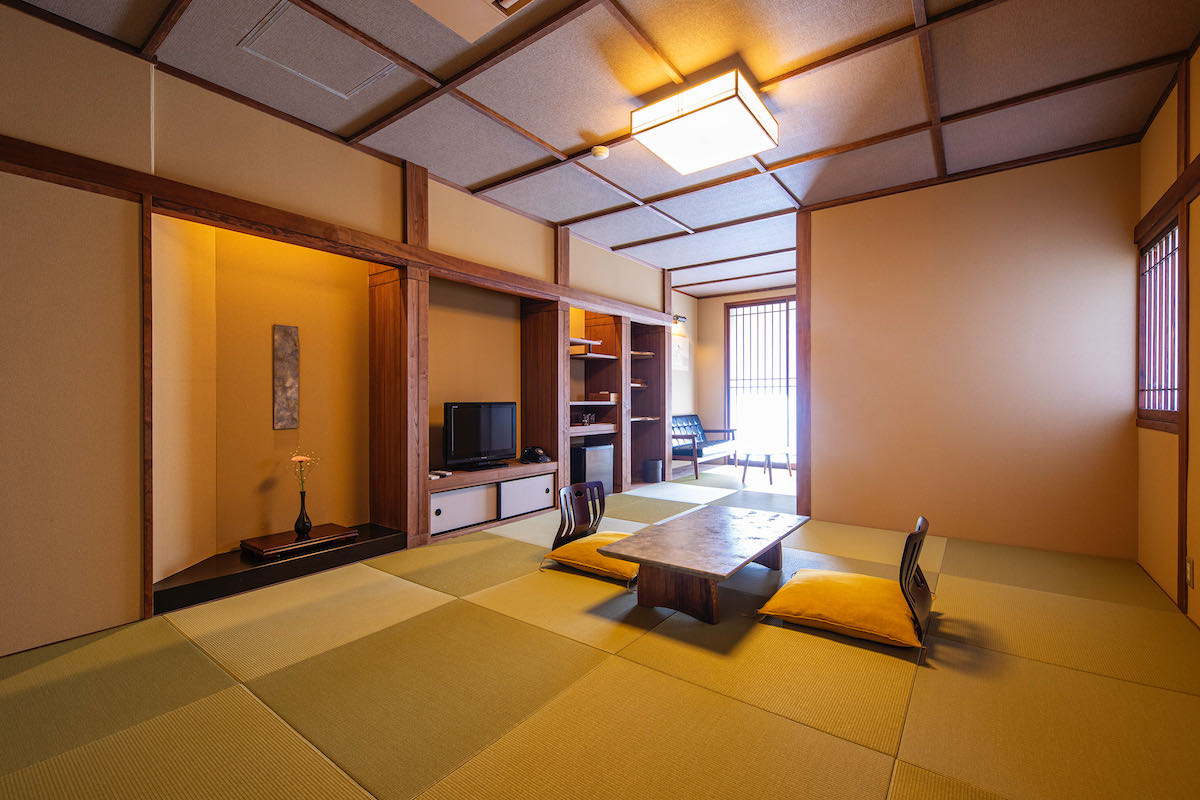When you read about things like the Japanese p*nis festival that’s like ‘Mardis Gras for dongs‘ or the city built inside an active volcano, you’d be forgiven for thinking that Japan is keener to adopt stranger ways of living than many other locations… and a newly adopted hotel policy proves you might just be right.
27-year-old Tetsuya Inoue took over the running of the Asahi Ryokan Hotel in Fukuoka from his grandmother in 2019 and, like so many working in the travel industry, wondered how he could update his new establishment for the challenges of the 21st century.
WATCH: Here’s how the strange policy came to life…
Coming up with an ingenious if controversial solution, he decided to start offering an option whereby guests could stay at the hotel for just 100 Japanese Yen, equivalent to roughly US$ 1, but with one arguably perverse catch: guests must livestream their entire stay.
He decided to start running a YouTube channel alongside the hotel, hoping that he would be able to monetise the channel to create additional revenue for the hotel. Addressing predictable privacy concerns, Inoue made it clear from the very beginning of this project that it would be a video-only- audio-free livestream with no camera in the hotel bathrooms… phew.
While the project now appears to have come to an end, the hotel enjoyed visits from a large number of guests who were willing to accept the controversial deal. Speaking about how the hotel was able to attract such guests, Inoue said this:
“This is a very old ryokan and I was looking into a new business model… Our hotel is on the cheaper side, so we need some added value, something special that everyone will talk about.”
Tetsuya Inoue
Suggesting that younger generations are far less concerned about privacy (and a lot more concerned with finding a good deal) than their older counterparts, Inoue rightly assumed that his target customers would be comfortable with being watched for a single day in return for the abragain stay.
Not only was he correct that visitors wouldn’t mind, but he also correctly assumed that viewers would lap up the experiment, with the channel amassing hundreds of thousands of views and over 13,000 subscribers before the program came to an end last year.

Given the increasing lack of privacy in day-to-day life, with Gen Z not only being surveilled by things like CCTV and mobile data tracking at all times but, even more pertinently, their willingness to create video content or livestreams in their own time, often in pursuit of viral fame or full-time content creation career, the success of this short-lived experiment makes good sense.
However, the widespread availability of cameras and streaming equipment has already been having adverse and unexpected effects in the travel industry, with the news that holiday cameras in hidden rentals are rapidly on the rise. While some will say that hotel owners have a right to know what’s going on in their rooms, others are becoming increasingly afraid of having their privacy breached in a big way.
In that sense, you have to applaud this particular hotelier for taking a growing trend and bringing it into the public eye with an honesty, transparency, and bargain-bucket approach that means customers get a fair deal.
